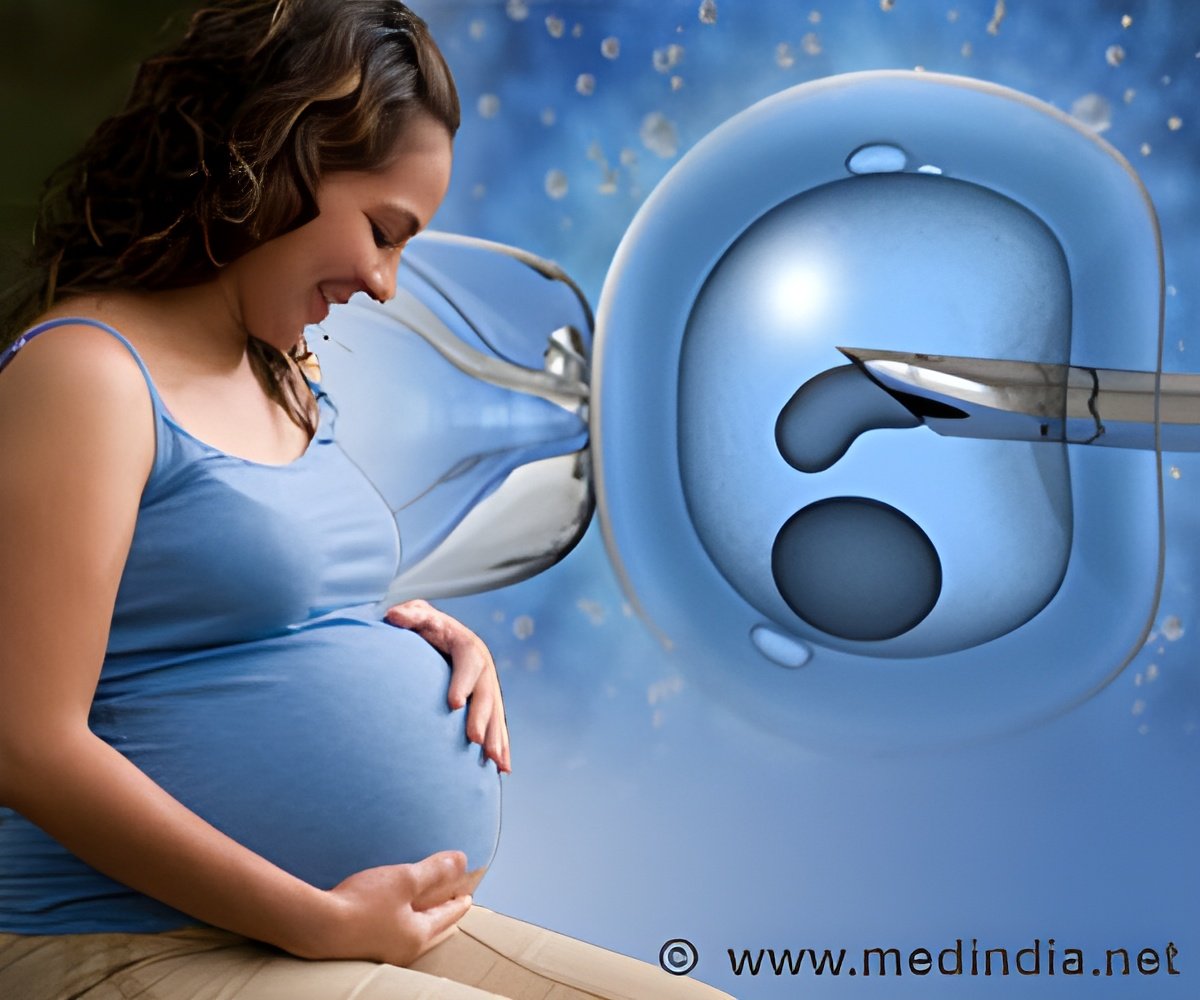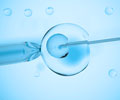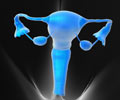Study in nonhuman primates shows that abnormal embryos can result in successful in vitro fertilization (IVF), which gives new hope to people seeking infertility treatment.

‘The findings of the study show that in some cases, these mosaic embryos could result in seemingly normal pregnancies for people with only mosaic embryos available for transfer.’





Because aneuploidy has been linked to a risk of in vitro fertilization failure, miscarriage and certain genetic orders or birth defects, mosaic embryos, those with both normal and abnormal cells, have not been considered ideal candidates for IVF transfer. In this study, using advanced time-lapse imaging and single-cell sequencing techniques to precisely track the development of mosaic embryos of a rhesus macaque, Chavez and team identified a unique relationship between mosaicism and two other biological processes: cell fragmentation and blastomere exclusion.
In utero and after IVF, large cells formed by the division of a fertilized egg, known as blastomeres, may break down into small pieces called cellular fragments.
"We found that both the blastomeres and their fragments can act as trash bins within the embryo. As DNA-carrying cells divide and/or fragment, the embryo appears to naturally identify which blastomeres have genetic abnormalities and stop them from further development, " says Chavez, an assistant professor of reproductive and developmental sciences at ONPRC at OHSU, and an assistant professor of obstetrics and gynecology, and physiology and pharmacology in the OHSU School of Medicine. "By the stage that an embryo would implant into the uterus, these abnormal cells, or DNA have been visibly excluded from the rest of the embryo, suggesting that imperfect IVF embryos could be considered for use in transfer and might have the ability to endure in utero."
According to Paula Amato, M.D., an associate professor of obstetrics and gynecology in the OHSU School of Medicine, this discovery could positively impact IVF processes for humans in the future.
Advertisement
Ongoing research will use live-cell time-lapse imaging to better understand the relationship between aneuploidy, cell fragmentation and blastomere exclusion within the embryo. The scientists believe these results could open up new avenues for testing the efficacy of mosaic human embryos.
Advertisement
Source-Eurekalert















